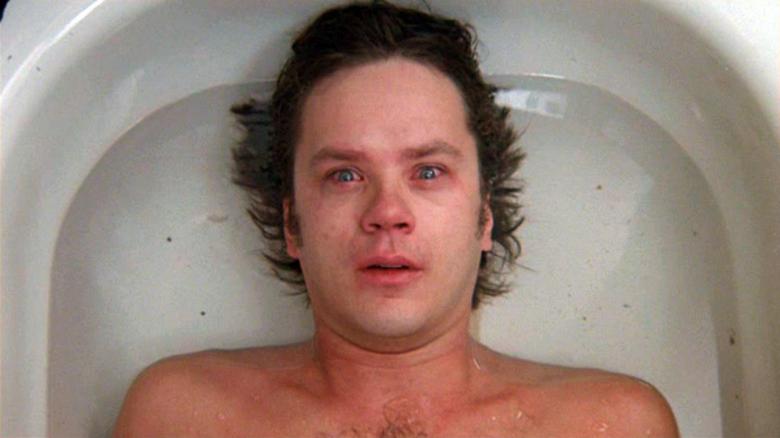No surprise that there’s been a marked spike in usage of stimulants by American soldiers with our military taxed by wars on two fronts for a decade. From “Why Are We Drugging Our Soldiers?” by Richard A. Friedman in the New York Times:
“But there is another factor that might be playing a role in the increasing rates of the disorder, one that has escaped attention: the military’s use of stimulant medications, like Ritalin and Adderall, in our troops.
There has been a significant increase in the use of stimulant medication. Documents that I obtained in late 2010 through the Freedom of Information Act, and have recently analyzed, show that annual spending on stimulants jumped to $39 million in 2010 from $7.5 million in 2001 — more than a fivefold increase. Additional data provided by Tricare Management Activity, the arm of the Department of Defense that manages health care services for the military, reveals that the number of Ritalin and Adderall prescriptions written for active-duty service members increased by nearly 1,000 percent in five years, to 32,000 from 3,000.
Stimulants are widely used in the civilian population to treat attention deficit hyperactivity disorder because they increase focus and attention. Short of an unlikely epidemic of that disorder among our soldiers, the military almost certainly uses the stimulants to help fatigued and sleep-deprived troops stay alert and awake. (A spokesman for Tricare attributed the sharp rise to ‘the increased recognition and diagnosis of A.D.H.D. by medical providers.’ However, while there is greater recognition of the disorder, the diagnoses are concentrated in children and adolescents.)
Stimulants do much more than keep troops awake. They can also strengthen learning. By causing the direct release of norepinephrine — a close chemical relative of adrenaline — in the brain, stimulants facilitate memory formation. Not surprisingly, emotionally arousing experiences — both positive and negative — also cause a surge of norepinephrine, which helps to create vivid, long-lasting memories. That’s why we tend to remember events that stir our feelings and learn best when we are a little anxious.”
Tags: Richard A. Friedman

